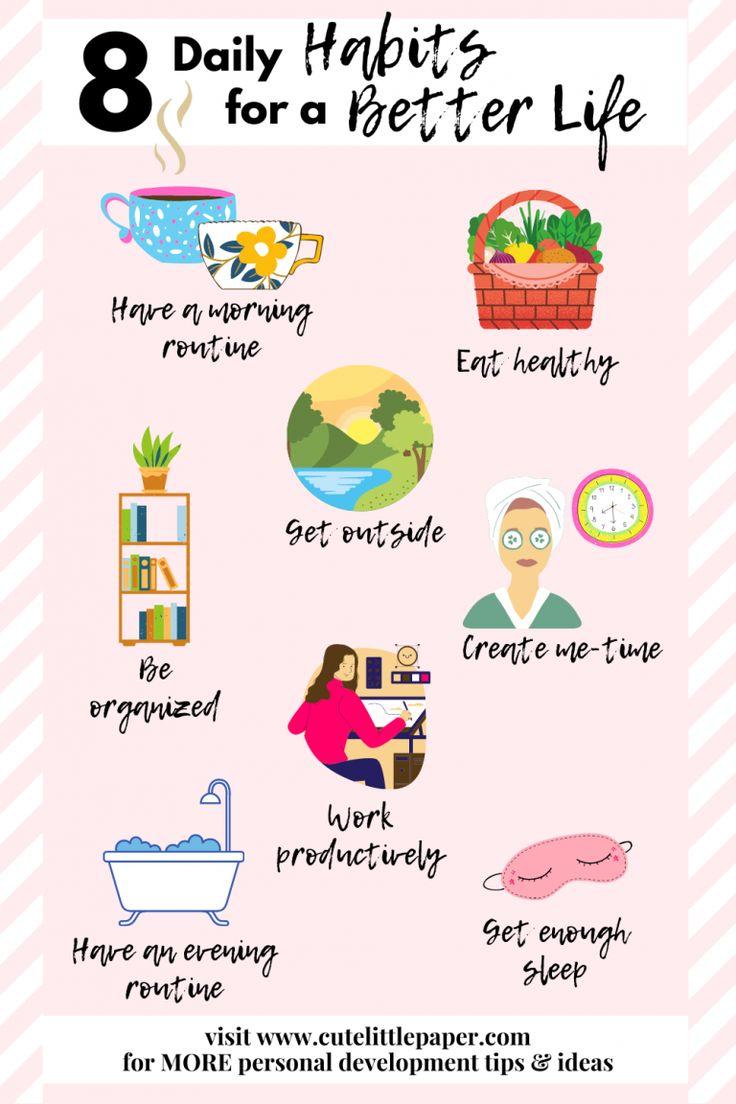In the fast-paced rhythm of modern life, the art of time management has evolved into a science of optimization, where every minute is meticulously accounted for. The allure of a tightly scheduled day promises productivity, success, and the ultimate achievement of goals. Yet, beneath the surface of color-coded calendars and to-do lists lies a paradox that begs exploration: Is over-scheduling your day actually counterproductive? This article delves into the delicate balance between structure and spontaneity, examining whether the relentless pursuit of efficiency might be undermining our ability to truly thrive. Join us as we unravel the complexities of time management, exploring the fine line between being busy and being productive, and uncovering the hidden costs of a life too tightly bound by the clock.
Balancing Ambition with Realism
- Set Priorities: While it’s tempting to fill your schedule with back-to-back tasks, identifying what’s truly important can help you focus your energy on meaningful goals. This doesn’t mean you should neglect smaller tasks, but rather ensure that they align with your broader objectives.
- Embrace Flexibility: An over-scheduled day leaves little room for spontaneity or unforeseen events. By allowing some buffer time between commitments, you can adapt to changes without feeling overwhelmed. This flexibility not only enhances productivity but also fosters a more enjoyable workflow.
Balancing the drive to achieve with a dose of practicality is an art form. When ambition overshadows realism, the result can be a burnout rather than a breakthrough. Striking the right balance requires not just strategic planning but also an understanding of your own limits and strengths. This harmony allows you to pursue your dreams without sacrificing your well-being or peace of mind.

The Hidden Costs of a Packed Calendar
When every hour of your day is accounted for, it’s easy to overlook the subtle expenses that accrue beneath the surface. Time, energy, and creativity are all resources that can be depleted when constantly stretched to meet the demands of an overstuffed agenda. While it might seem productive to fill every slot in your calendar, the reality is that this approach often leads to diminishing returns. Our brains thrive on breaks and moments of spontaneity; without them, productivity can actually decline.
- Decision Fatigue: Constantly switching tasks can drain your mental energy, making it harder to make even simple decisions.
- Quality Over Quantity: More tasks do not equate to better results. Over-scheduling can compromise the quality of your work.
- Loss of Flexibility: A rigid schedule leaves little room for unexpected opportunities or creative insights.
Balancing your schedule allows for moments of reflection and rest, essential for maintaining both mental health and efficiency. A calendar that respects your limits can foster a more sustainable pace, ultimately enhancing your overall productivity.

Strategies for a More Effective Daily Routine
In the pursuit of maximizing productivity, it’s easy to fall into the trap of meticulously scheduling every minute of your day. However, this approach can often lead to overwhelm and burnout. To cultivate a more effective daily routine, consider embracing flexibility and intentionality. Instead of filling every hour with tasks, allow for pockets of unstructured time. This not only provides a buffer for unexpected events but also fosters creativity and relaxation, enhancing overall productivity.
- Prioritize Tasks: Focus on what truly matters by identifying your top three priorities for the day. This ensures that your energy is directed towards meaningful accomplishments.
- Time Blocking: Allocate specific time slots for different activities, but avoid overloading your schedule. Include breaks to recharge and maintain mental clarity.
- Embrace Spontaneity: Leave room for spontaneity and serendipitous moments. These can lead to unexpected insights and opportunities that rigid schedules might miss.
By balancing structure with flexibility, you can create a daily routine that is not only productive but also sustainable and fulfilling.

Reclaiming Focus in a World of Distractions
In today’s fast-paced world, the allure of productivity often drives us to meticulously fill every minute of our day. However, the quest for maximum efficiency can paradoxically lead to a decline in overall productivity. Over-scheduling can become a relentless cycle of activity without purpose, leaving little room for creativity or spontaneous thought. Instead of fostering a sense of accomplishment, it may lead to burnout, reduced focus, and a perpetual state of distraction.
Consider these alternatives to combat the pitfalls of an over-packed schedule:
- Prioritize tasks: Focus on completing a few critical tasks each day rather than attempting to do everything at once.
- Incorporate buffer times: Allow yourself moments of pause between tasks to reset and refocus.
- Embrace flexibility: Leave room for unexpected opportunities or challenges that may arise.
- Practice mindfulness: Engage in activities that center your mind, such as meditation or a brief walk.
By reassessing how we allocate our time, we can reclaim our focus and ensure that our schedules serve us, rather than the other way around.
